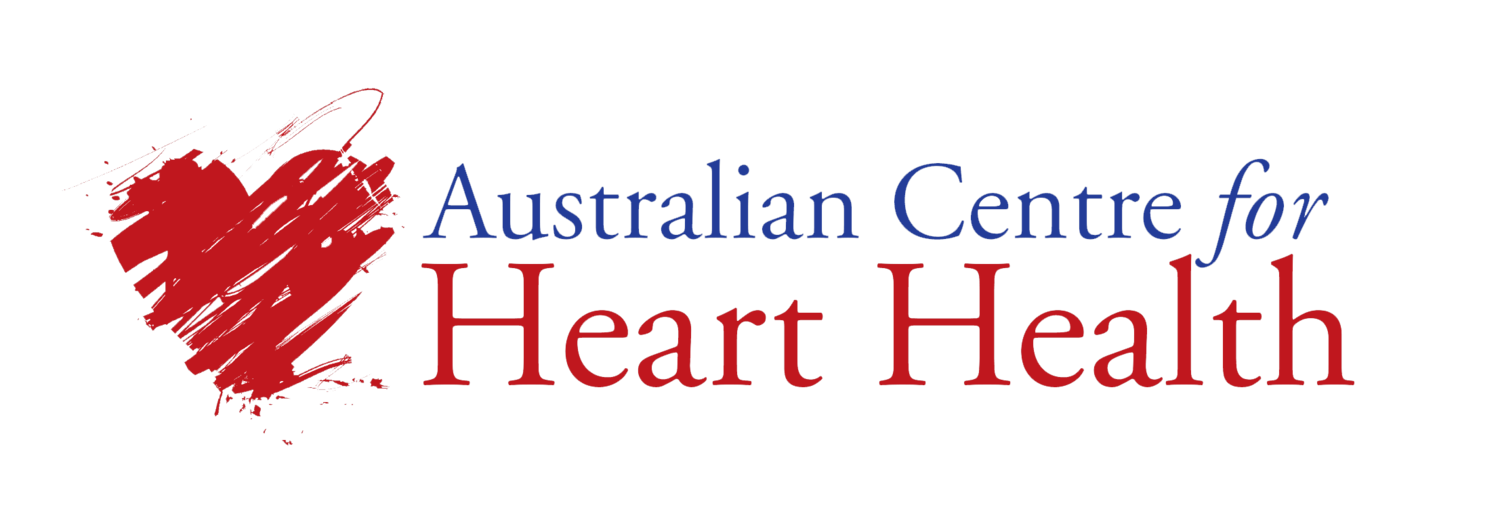Healing from Cardiac Trauma
Written by Dr Mirella Di Benedetto, Clinical Health Psychologist, Cardiac Counselling Clinic, ACHH.
Having a heart attack or cardiac surgery can be a very traumatic event. Any event that is life threatening can evoke a traumatic response.
The fight-flight response. This response to a cardiac event often involves the fight-flight-freeze response, a neurobiological response that is designed to protect us from harm. During this response the body physically prepares itself to fight off the threat or to run away from it.
For example, heart rate and breathing increase. However, when we experience these events, we can’t always run or fight. Often, we become frozen, stuck or trapped; unable to move.
How does this happen? The traumatic response is triggered by a strong emotional response, often fear or anger. When a strong emotional reaction is paired with a traumatic event, it forms a strong neurological imprint in our brains because our brain has been designed to remember these events to help us avoid them in the future.
What happens next? At the time of the trauma or soon after, we need to know that we are safe and ok. If we can’t do that then the emotions often remain “trapped” within our bodies and can manifest later as problems with sleep, low mood, irritability, anger outburst, comfort eating, using drugs or alcohol, working long hours, keeping busy – anything that distracts us from feeling these strong and often overwhelming emotions that keep popping up and that keep us stuck in time and reliving that trauma. This phenomenon often, but not always, happens to people who have experienced some other past trauma.
What can we do about this? Highly trained psychologists at our Cardiac Counselling Clinic can help you heal from these traumas. To make an appointment or referral go to www.australianhearthealth.org.au/clinic-appointment
Over the past two years during the coronavirus disease-19 (COVID-19) pandemic, physical distancing restrictions around the world have been implemented resulting in many cardiac rehabilitation (CR) services being suspended or having significantly reduced capacity and staffing, thus enforcing rapid adoption of online delivery formats. Remote-delivered CR programmes via telehealth have been seen as a viable alternative to face-to-face support during this period. Indeed, the ACHH has implemented several online support programs for patients recovering from heart disease (eg. Teleheart, Back on Track, Cardiac Blues, HeartHealth Connect).
A recent paper published in the European Journal of Cardiovascular Nursing set out to assess how remote delivery during COVID-19 affected patients' health-related quality of life (HRQL) outcomes & experiences. The authors examined the effects of remotely delivered CR offered by four publicly funded CR services in Sydney during the COVID pandemic. Exercise and education sessions were all offered online via telephone or videoconferencing and delivered by a multidisciplinary team that would normally deliver face to face CR. These online sessions were compared with face-to-face sessions delivered by the same team and both approaches were assessed for differences in health-related quality of life and qualitatively via interviews to assess patients’ experiences of both approaches.
Results showed that remote-delivered CR participants had equivalent benefits to face-to face CR in all HRQL domains and more improvements than face-to face in the Mental Health domain. The qualitative interviews showed that patients valued face-to-face CR for direct exercise supervision and group interactions but preferred remote-delivered CR for convenience and flexibility. In particular, negotiable contact times were cited as an important advantage of remote-delivered CR compared to the more limited schedule offered by face-to-face programs. One major disadvantage of the online approach, however, was lower completion rates and lower participation by people from culturally and linguistically diverse backgrounds.
So, the answer is – Yes! Remote-delivered CR is as good as face-to-face CR, with some caveats. Overall, this study provides evidence that remote delivery is a reasonable alternative to in-person for many people but not all. There is certainly room for improvement in delivery of exercise-based sessions online and the preferences of cardiac patients from culturally and linguistically diverse backgrounds may require further development. It is feasible that a hybrid model of CR delivery (both face-to-face and remote) may deliver the optimal support for patients. This will need to be carefully assessed in future studies.
References:
Candelaria D, Kirkness A, Farrell M, Roach K, Gooley L, Fletcher A, et al. Remote-delivered cardiac rehabilitation during COVID-19: a prospective cohort comparison of health-related quality of life outcomes and patient experiences. European Journal of Cardiovascular Nursing. 2022:zvac006.
Cardiac Counselling Clinic
We have some good news to start off the year, the Australian Centre for Heart Health has recently obtained additional office space to accommodate the growing needs of the Cardiac Counselling Clinic. While services will continue to be provided via Telehealth (both online and by telephone), there is some flexibility if there is a preference to attend in person.
Requests are carefully considered and only available for those clients residing in the Melbourne metropolitan area. Any clients attending will need to follow strict covid safe practices.
Additionally, we would also like to warmly welcome our new Master of Psychology student, Ms Betul Mercandagi who will be completing her clinical placement with us, an essential requirement of the Clinical Master’s Program at Federation University.
For more information about our counselling clinic please visit our website at https://www.australianhearthealth.org.au/cardiac-counselling-clinic
Share your story about our Cardiac Wellbeing Program
If you would like to share your story about how the services we offer through the Centre’s Cardiac Wellbeing Program have helped in your cardiac recovery, please email us at heart@australianhearthealth.org.au. Through our patient and donor newsletters, we can share your story with other cardiac event survivors and our supporters.




